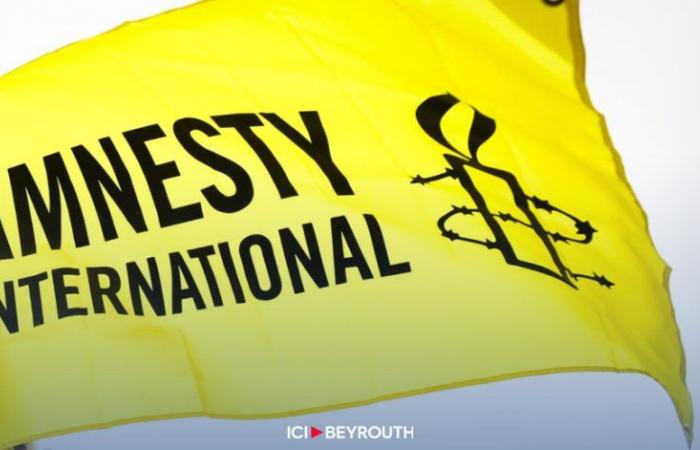Authorities in the United Arab Emirates should investigate the death in custody of a Lebanese man, whose body has not been returned to his family, Amnesty International said Friday.
Ghazi Ezzedine, a Shiite Muslim in his 50s who had been living in the Gulf state for some three decades, was arrested on unknown charges on March 22 along with his two brothers, Amnesty’s Sima Watling said.
He died on May 4, but authorities did not notify the family until days later when they asked his son to identify the body, and then allowed him to see only Ezzedine’s face, she told AFP.
Watling said no autopsy was known to have been conducted, and the UAE had “refused to hand the body over to the family for repatriation and burial in Lebanon”.
“The UAE must launch an independent and impartial investigation” into his death, Watling said.
“It appears that the UAE authorities are trying to hide the real cause of the death and shrouding the case with secrecy,” she alleged.
The son and the two detained brothers attended Ezzedine’s burial in the UAE, Watling said, adding that the brothers were later released subject to a travel ban.
The UAE authorities have not released a statement on the matter, and the foreign ministry did not immediately respond to a request for comment.
The UAE has in recent years expelled or sentenced to jail a number of Lebanese Shiites over alleged ties to Hezbollah, an Iran-backed Lebanese group Abu Dhabi classifies as a “terrorist” organisation.
Watling said around 10 Lebanese Shiites were arrested in the UAE in March, adding that “the UAE has a record of arbitrary detention”.
In May 2019, an Emirati court sentenced a Lebanese man to life imprisonment and two compatriots to 10 years in prison on charges of planning attacks for Hezbollah, Amnesty said at the time.
Five other Lebanese Shiite Muslims were acquitted of the charge of planning to carry out attacks for the group.
Amnesty said at the time that “the absence of basic requirements of a fair trial, such as having access to a lawyer” stripped that verdict “of any reliability or credibility”.
BARRONS/ AFP


Leave a Reply
You must be logged in to post a comment.